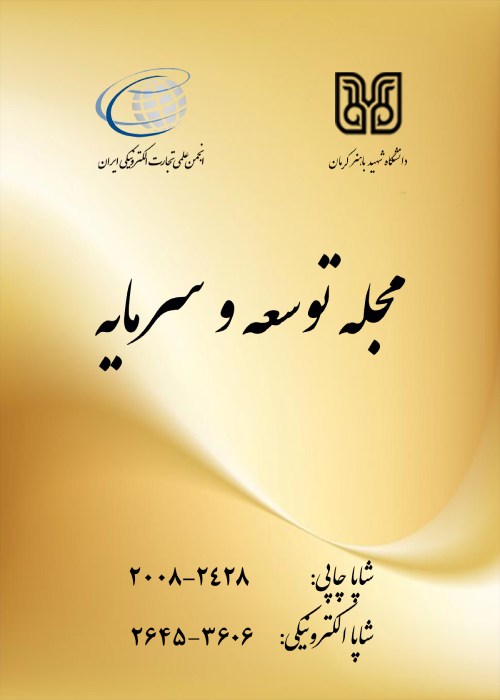Evaluating and Analyzing the Effects of Green Tax Policy Enforcement on Renewable Energies Development in Iran
The purpose of this paper is to investigate the effects of green tax policy implementation on co2 emissions with emphasis on renewable energy usage development by using the GMM method, and during 2002 to 2017 period in Iran. One of the major challenges facing governments in 21st century is environmental crises, and this challenge is one of the major problems in Iran’s future because of its technological and ecological situation. The macroeconomic policies can make changes in environmental performance of the system and fiscal policies including taxes are one of the major macroeconomic policies. The green tax in the new tax terminology and it is considered as an effective and efficient foundation for pollution control. This type of tax is based on cost, reduced pollution and promote efficiency in economy. Another important strategy for controlling and reducing pollution is the use of renewable energy sources.
In this research, to study the subject, we use the Central Bank, Statistic Center of Iran and energy balance sheet data bases during the period 2002 to 2017, and also panel data model and generalized method of movement (GMM) have been used. This method is a powerful estimator that, unlike the maximum likelihood method, does not require accurate information on the distribution of error terms and also, this method, which is used in dynamic aggregate data, is based on the assumption that equation error terms are uncorrelated with a set of instrumental variables.
According to the research findings, the relationship between green taxes and emissions is negative for the studied provinces. Also, the production and consumption of renewable energy has the reverse effect on the emission of pollutants. In other words, the use of these energies reduces the emission of pollutants. In addition, with increasing fossil energy consumption and human development, the amount of CO2 emissions increases. Finally, the inverse relationship between the degree of industrialization and the emission of pollutants indicates that a major part of the pollution is caused by the transport and services sector and in fact, the presence of old technologies in this sector has led to an increase in the daily emission of pollutants.
The results indicate that the implementation of green tax policy has an effect on reducing the emission of environmental pollutants. Due to the increasing number of environmental pollutants, it is very important to pay attention to the definition and implementation of tax policies in the form of green taxes. Therefore, the central government and local governments in the provinces should make efforts to implement these policies. Also, the production and consumption of renewable energy has the opposite effect on the emission of environmental pollutants. In other words, developing and replacing the consumption of these energies with fossil fuels can reduce the emission of pollutants.
- حق عضویت دریافتی صرف حمایت از نشریات عضو و نگهداری، تکمیل و توسعه مگیران میشود.
- پرداخت حق اشتراک و دانلود مقالات اجازه بازنشر آن در سایر رسانههای چاپی و دیجیتال را به کاربر نمیدهد.



